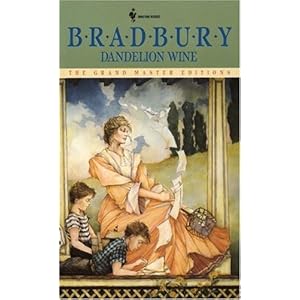Today the Demon pays his respect (well, sort of!) to the bildungsroman, the coming of age novel. Wikipedia describes it as "a genre of the novel which focuses on the psychological and moral growth of the protagonist from youth to adulthood."
Here are several, heretofore undocumented, variations of the bildungsroman:
The Rückwärts-Richtung-Bildungsroman. This is the "reverse direction" Bildunsroman. Examples include The Curious Case of Benjamin Button or any novel featuring Merlin, who was reputed to age backwards through time.
The Ich-Will-Nicht-Erwachsen-Werden-Roman. This is the "I won’t grow up novel" and, of course, we're referring to Peter Pan. Astute readers will likely complain this isn't a bildungsroman since the protagonist doesn't demonstrate growth. This only proves that astute readers ought not waste their time perusing this blog!
The Déjà-vu-Bildungsroman. Think of the movie Groundhog Day where the protagonist, Bill Murray, achieves growth only after living the same day over and over and over again.
The Roman-Gladiator-Bildungsroman. These are stories of ancient Rome featuring young boys sent off to the ludus for gladiator training. This variation of the bildungsroman tends to be problematic as most protagonists do not live long enough to reach adulthood.
The Willy-Loman-Bildungsroman: This fall-from-grace variation was epitomized in Arthur Miller's Death of a Salesman. Technically, it's not a bildungsroman, but who cares, the phrase just rolls off the tongue!






